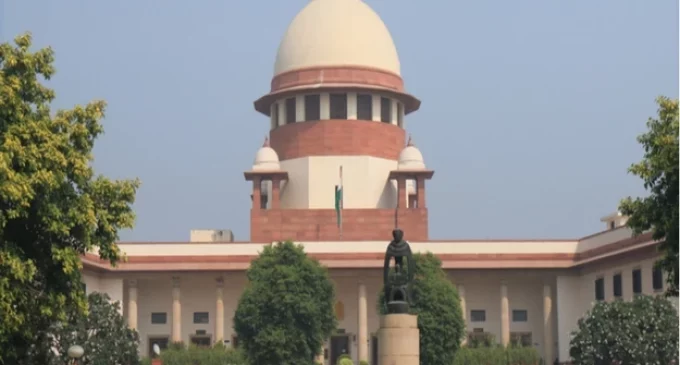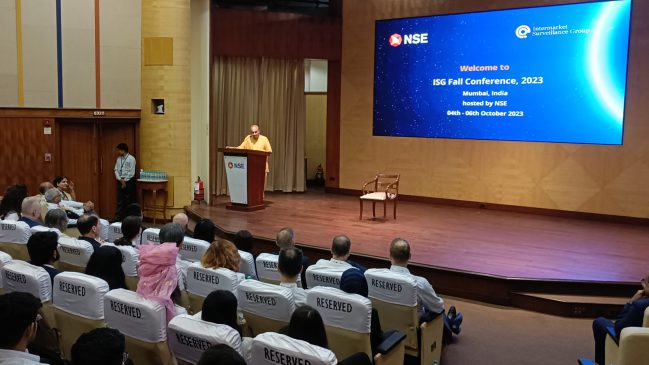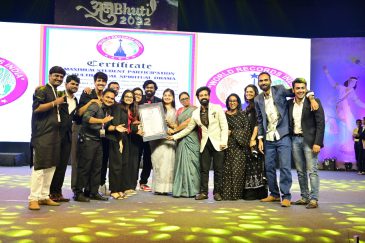The Supreme Court has refused to add an online mode for CBSE and CISCE board exams.

The Supreme Court however did give instructions that if there are any shortcomings in Covid measures during examinations then they should be immediately remedied by the authorities.
New Delhi, India: The Supreme Court of India refused to make changes to the Central Board of Secondary Education (CBSE) and the Council for the Indian School Certificate Examinations’ term 1 board exams on Thursday (CISCE). The petition requesting a hybrid mode of exams (online and offline) was dismissed by a Supreme Court bench led by Justice AM Khanwilkar and Justice CT Ravikumar. The Supreme Court did, however, state that if any shortcomings in Covid measures are discovered during examinations, the authorities must correct them immediately.
“Do not mess up the educational system.” Allow the authorities to do their jobs. It is now too late. This type of last-minute business should be avoided.”
Exams for CBSE term 1 have already begun, and exams for CISCE will begin next week.
The bench stated that disrupting the exams at this time would be inappropriate and that the government has taken COVID precautionary measures to ensure the safety of students.
“The number of exam centers has increased from 6,500 to 15,000.” Exam time has been reduced from three to one and a half hours… “We hope and trust that authorities will take every precaution to protect students and staff from harm,” the bench said.
The petitioners claimed that taking offline exams put them at risk of contracting COVID-19.
“Continuous exposure through offline exams sharply increases the risk of infection to COVID-19 rendering the impugned action as arbitrary and in violation of Right to Health,” they wrote in the petition.
They claim that a hybrid mode of examination is the way of the future because it allows for better social distancing and reduces the strain on logistical constraints.
Sanjay Hegde, a senior advocate, argued for the petitioners, claiming that some students have comorbidities. He went on to say that the offline mode of exams poses a health risk to the thousands of parents who will swarm the exam centers.
The Supreme Court, on the other hand, countered that the number of examination centers had been greatly increased to address the problem.







